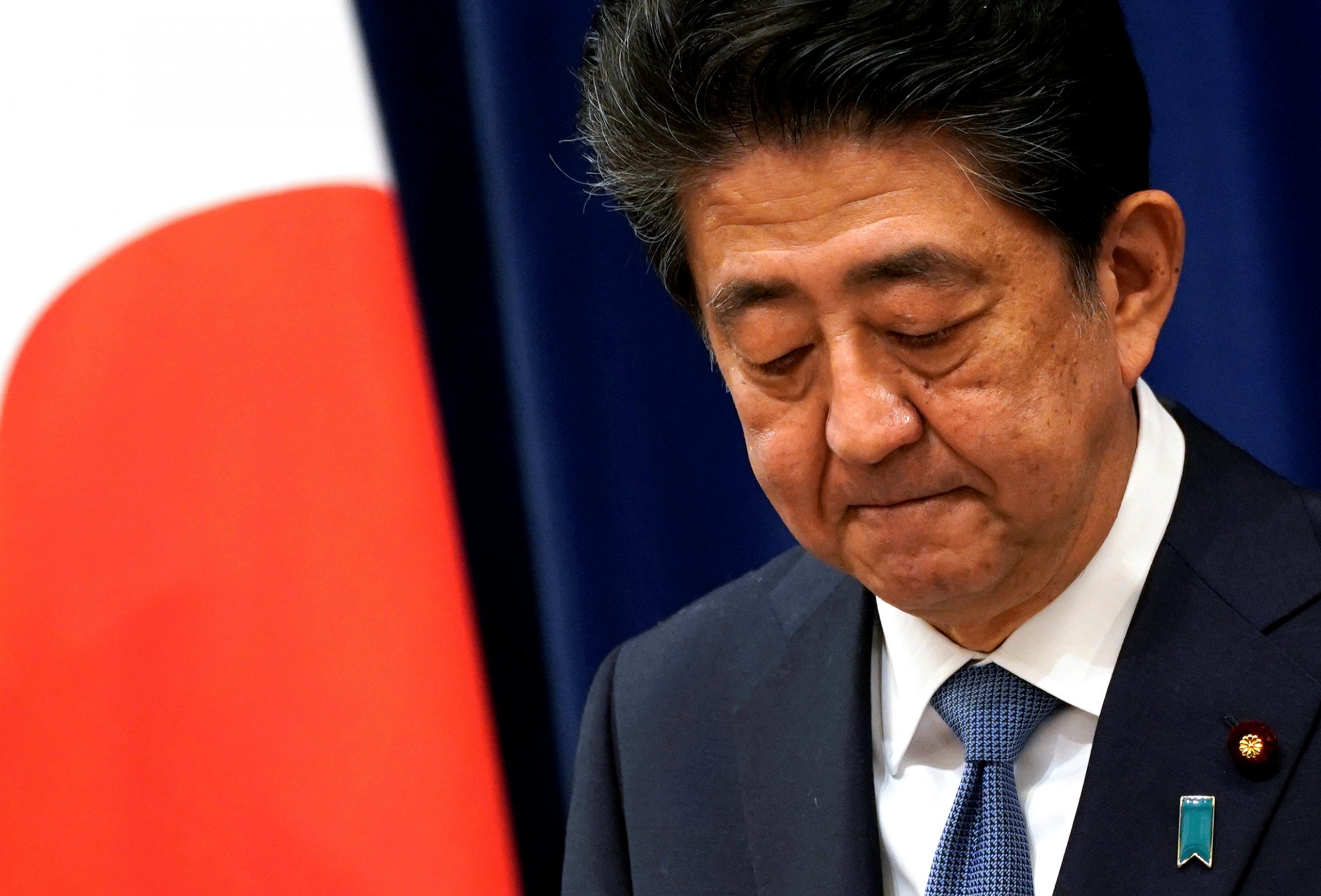
Ian Patrick, FISM News
[elfsight_social_share_buttons id=”1″]
The longest-running Prime Minister for Japan, Shinzo Abe announced on Friday that he would be resigning after a vote for his successor is held. He stated that his resignation is due to ill health, something that he has been dealing with since the summer of this year. Reuters reports that Abe had been specifically dealing with ulcerative colitis for a long time.
Mr. Abe’s resignation still came as a surprise, with many trying to anticipate the repercussions of the end of his term. Financial Times reports that the Japanese market won’t see much stability, if any, before the next Prime Minister is chosen. However, it is likely that Japan’s ruling party will follow Abe’s policies of financial prioritization, known as “Abenomics.” Time magazine defines Abenomics as combining “fiscal stimulus, monetary easing, and structural reforms.”
Discounting his earlier run as Prime Minister from 2006-2007, Abe only recently became the longest-running Prime Minister on Monday of this week beating the former record-holder: his great-uncle Eisaku Sato.
Sourced from Reuters, Financial Times, Time Magazine, and The Economist
